

At the end of this seminar participants will be able to:
Mechanical Engineers, Facility Engineers, Plant Engineers, Design Engineers who are involved in the design of heat transfer equipment utilized in petroleum facilities, Project Engineers; Process Engineers, Facilities Engineers; Mechanical Engineers involved in design, operations, troubleshooting, and maintenance, Supervisors, Technicians, and Technologists in oil, chemical, power and other industries, who require a more extensive understanding of heat exchangers, Plant and Maintenance Engineers, as well as to those generally knowledgeable in the subject, will find this course to be a useful refresher
CDGA attendance certificate will be issued to all attendees completing minimum of 80% of the total course duration.
| Code | Date | Venue | Fees | Register |
|---|---|---|---|---|
| ME126-02 | 07-06-2026 | Manama | USD 5450 | |
| ME126-03 | 06-09-2026 | Doha | USD 5450 | |
| ME126-04 | 08-11-2026 | Dubai | USD 5450 |
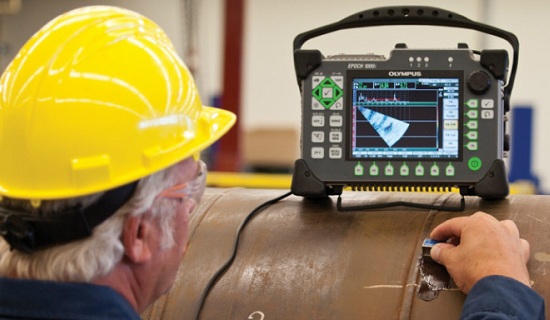
Mechanical engineering in simple terms deals with any equipment that moves; this is what makes it perhaps the most broad and diverse of engineering disciplines. The mechanical discipline essentially d ...

Engineers, technicians, maintainers and operators who may not have a mechanical background are often given the responsibility for the procurement, installation, operation and maintenance of mechanical ...
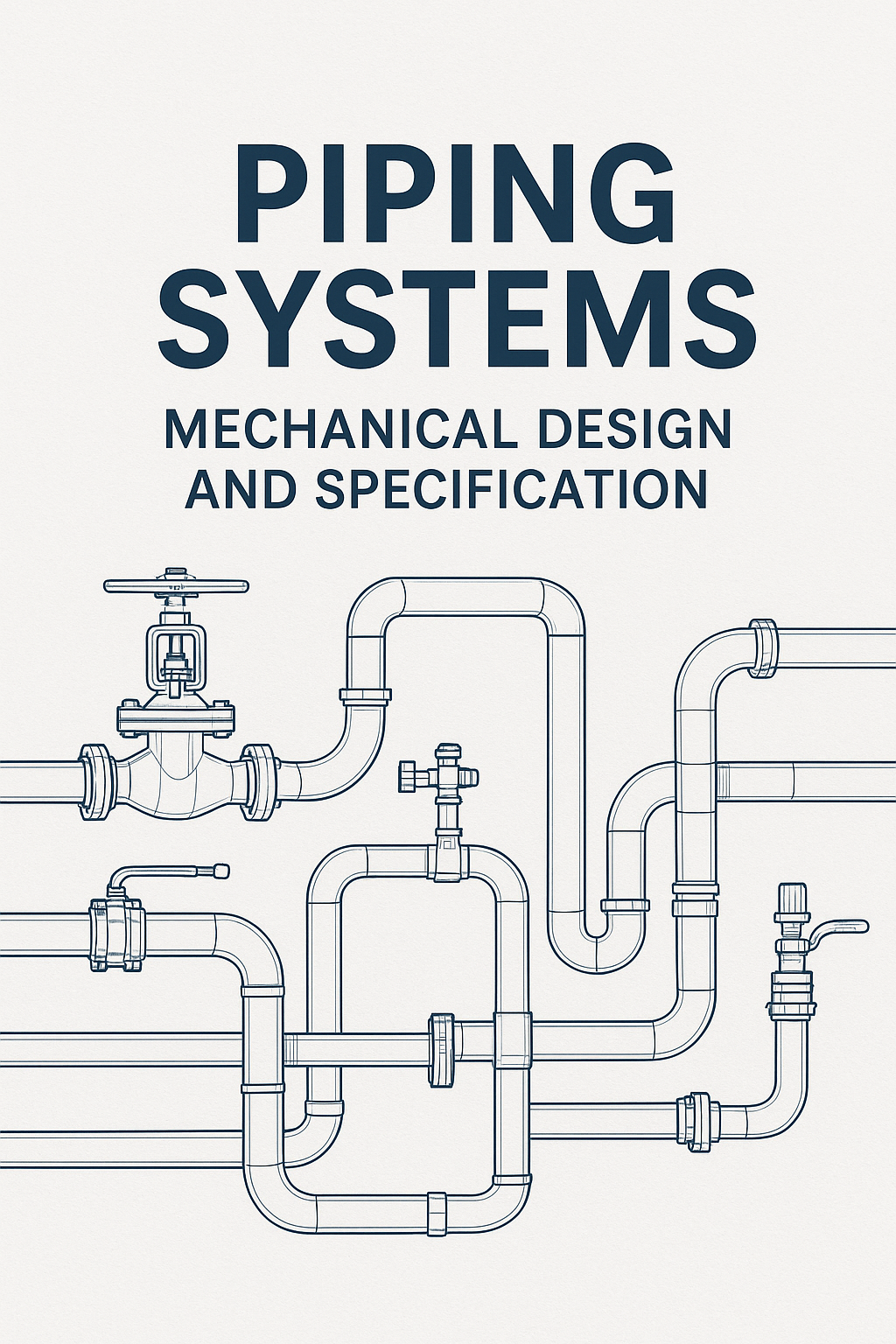
This course for engineers and piping system designers reviews the key areas associated with the design of piping systems for oil and gas facilities. The course is focused on four areas: codes and stan ...
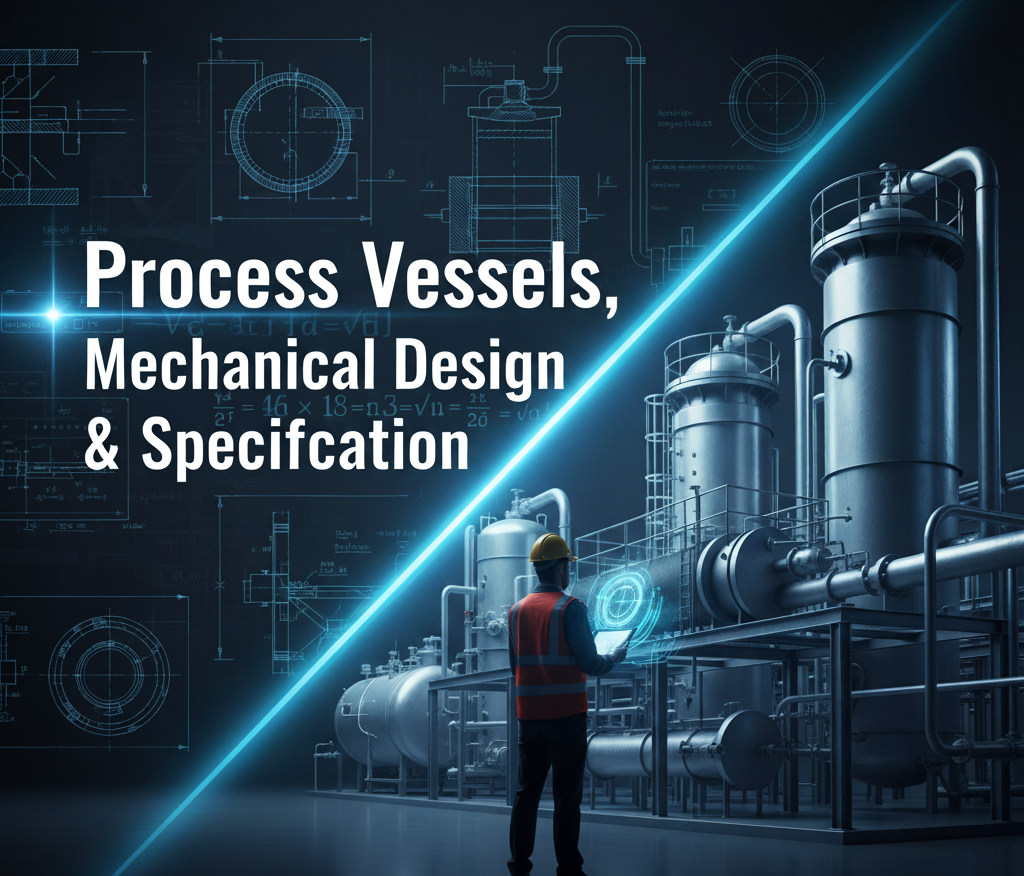
This course reviews the design of mechanical components for process vessels in oil and gas facilities. The emphasis is on codes and standards sizing calculations and materials selection vessel specifi ...

Process engineering is at the heart of much of the chemical, oil, gas, and petrochemical industries. It requires familiarity not only with chemical engineering principles, but also with many of the ot ...
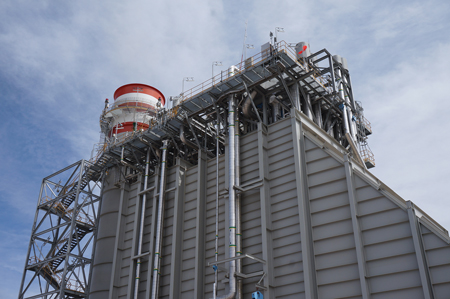
This five-day foundation level course is for engineers and technicians seeking an in-depth understanding of centrifugal, reciprocating, and screw compressors. This course provides basic knowledge of c ...
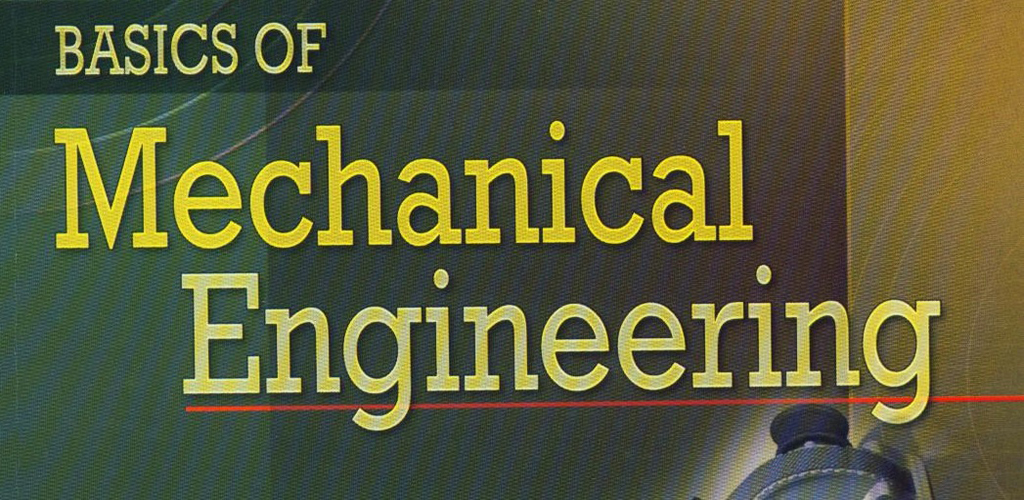
This course introduces the basics and fundamental concepts and applications of mechanical engineering. The course starts with an introduction to the basic principles of mechanical drawings such as tol ...
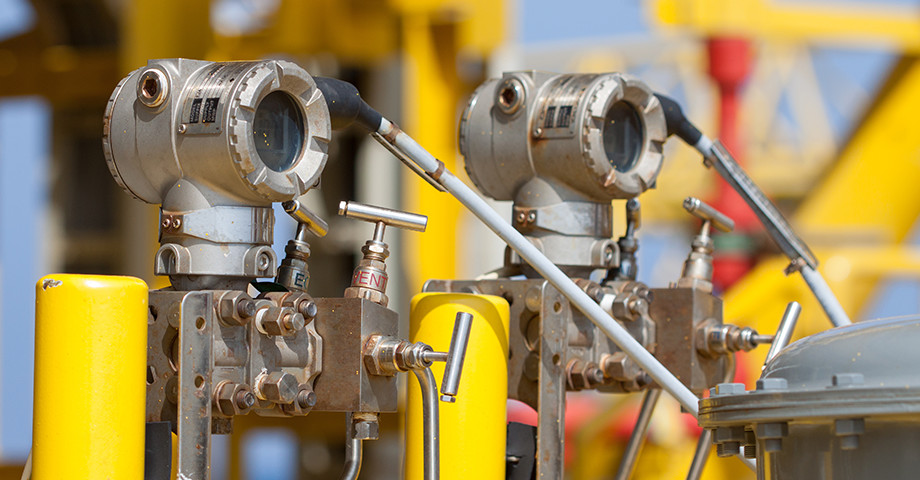
This course will provide a comprehensive review of the various aspects of engineered safety and mechanical integrity in refineries, oil & gas plants and petrochemical plants. Principal emphasis is pl ...
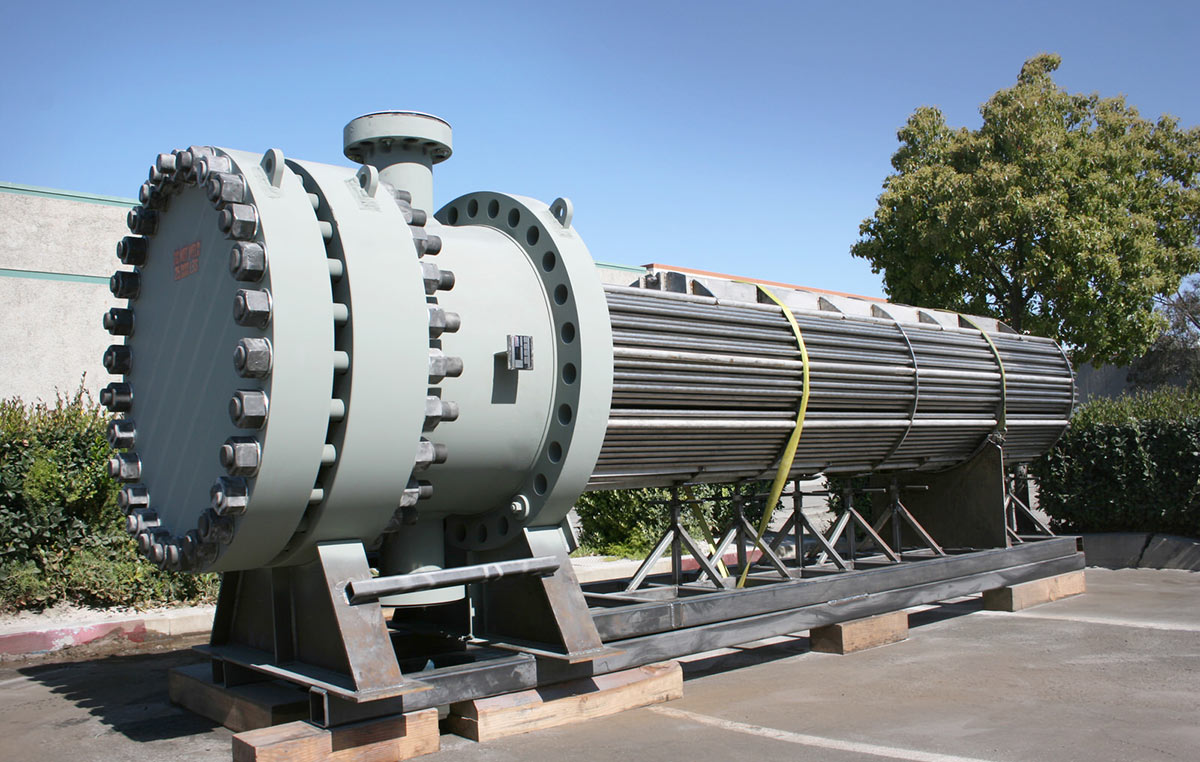
The course is directed to the participants to enable them to unerstand the basic idea of the shell and tube devices and taking care of the new and advanced technology that is available nowadays. The c ...

This training program aims at providing the participants with a comprehensive theoretical and practical knowledge, practical aspects, and enhancing their knowledge and skills for basics of mechanical ...
.jpg)
In this 5-day course, participants will gain a strong technical and practical understanding of mechanical seals and gland packing through the exploration of design features and implications of many se ...
Providing services with a high quality that are satisfying the requirements
Appling the specifications and legalizations to ensure the quality of service.
Best utilization of resources for continually improving the business activities.
CDGA keen to selects highly technical instructors based on professional field experience
Since CDGA was established, it considered a training partner for world class oil & gas institution
3012, Block 3, 30 Euro Business Park, Little Island, Co. Cork, T45 V220, Ireland
Mon to Fri 09:00 AM to 06:00 PM
Contact Us anytime!
Request Info